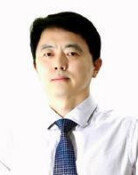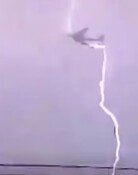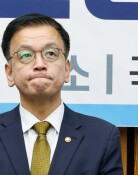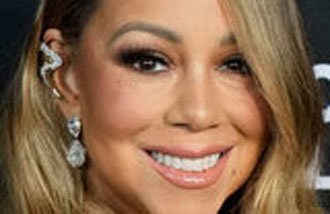Ushering in spring in Pyongyang
Ushering in spring in Pyongyang
Posted May. 01, 2020 08:11,
Updated May. 01, 2020 08:12
“Most dissidents against the Kim Dynasty were either killed or sent to political prisons. Some will prefer to keep the status quo as they have been the beneficiaries of the dynasty for generations, and others might be feeling unhappy about it, they will keep silence to stay alive.”
When I was working as correspondent in Washington D.C., Korea experts would give the above answer to a question why North Koreans are not harboring treason against the succession of the Kim Dynasty and taking any action to make a difference. The traitors mentioned in the former should be rare in numbers. The real problem consists in the latter, the timid majority imbued in a sense of defeatism. The delicate web of whistle-blower system designed to keep everyone in check except for the supreme leader and the experiences of periodic purge have implanted the idea that however servile, being alive is better than a futile death.
Scholars say that is a symptom of low “political efficacy.” This means that there are few people in a country who feel that they can make a difference in politics. Civil revolutions such as the April Revolution or the June Struggle in South Korea can only be completed by an enough number of masses with political efficacy. When the silent majority in the office close their books, roll up their sleeves, and take to the streets, can they topple the existing order along with the few torch-totting elites.
There was a time when young people had a discussion envisioning diverse political futures of their country in front of the hall of the Workers’ Party in Pyongyang. As they fall one after another at the dictator’s iron mace, the political efficacy of North Korean elites and masses continued to shrank, and now it is nearing a zero.
As Kim Jong Un, the third dictator of the North, stopped making public appearances after presiding over a politburo meeting on April 11, eminent North Korean experts showed up in mass media and began to discuss “post-Kim Jong Un era.” High-ranking officials who fled North Korea such as Thae Young-ho, former deputy ambassador to the United Kingdom, predict that while Kim Yo Jong will grab power for a while, but if she fails to consolidate her power, Kim Pyong Il, the half-brother of Kim Jong Il, could succeed the throne.
Rhee Jung-ho, who is currently living in the United States after defecting North Korea in 2014, also said Kim Yo Jong could resort to an extreme form of reign of terror to suppress Kim Pyong Il and his followers. But Rhee took one step further. Mr. Rhee, a former official at Room 39, a slush fund office, sent a special contribution to DongA.com on Sunday and argued that mentioning Kim Yo-jong or Kim Pyong-il as successor is a very wrong idea justifying Kim Il-sung’s dynasty.
Giving the title “Kim Yo Jong / Pyong Il successor theory is an insult to North Koreans” to Rhee’s contribution was a chance to mull things over. In writing columns and appearing on TV, we may have skipped questioning the North’s Baekdu Lineage based on the blindness of North Korean people. This is the time for us to be thinking about how to put an end to the power succession of the Kim Dynasty, rather than spending time on quizzing between Kim Yo Jong and Kim Pyong Il. We need to think about what we have to do to improve the political efficacy of North Korean elites, who will user in the spring in Pyongyang. Kim Jong Un’s disappearance has given me some invaluable food for thought after all.
So
Suk-Ho Shin kyle@donga.com







